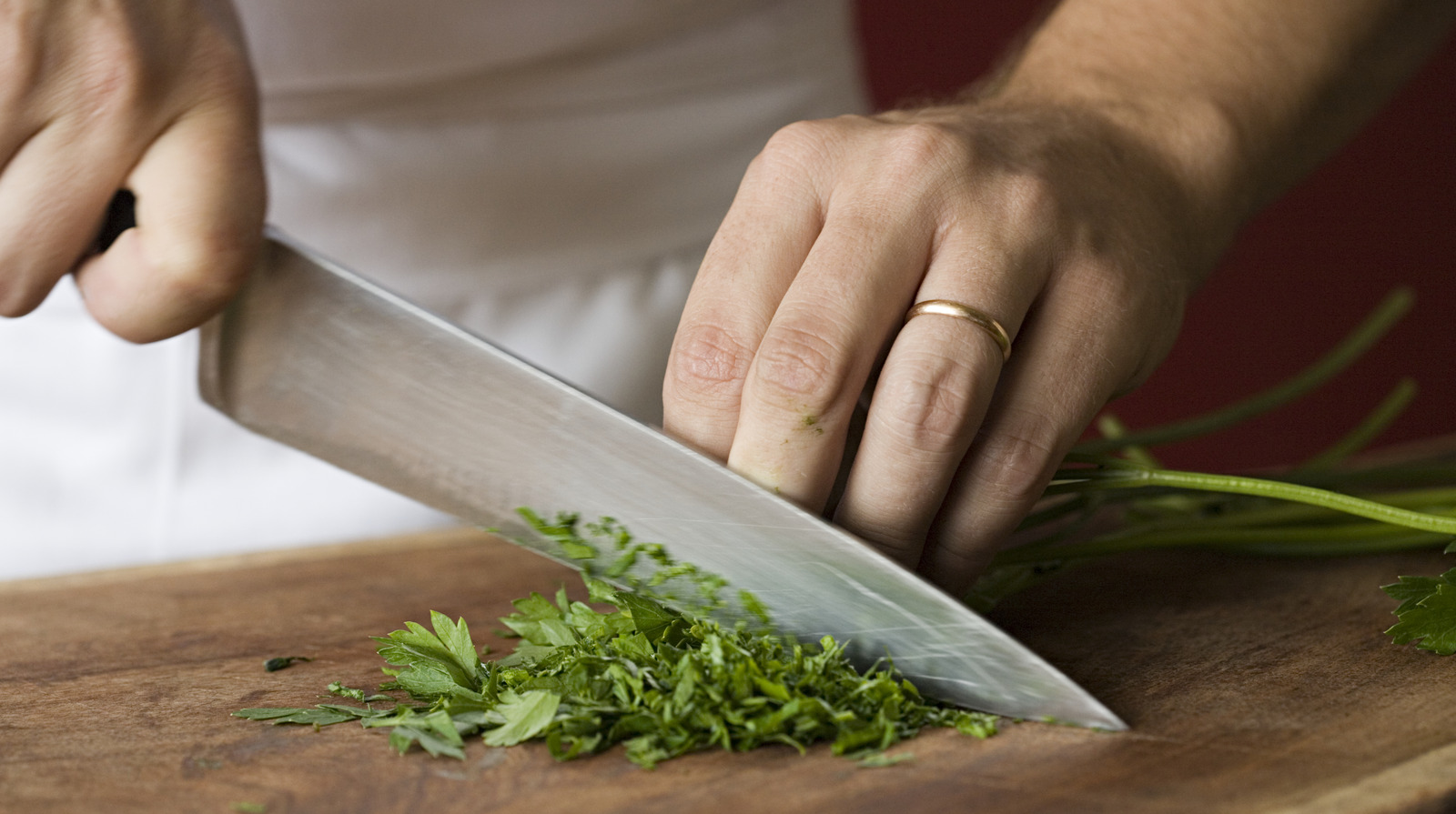In the bustling world of culinary arts, where every second counts and preparation is key, knowing when should you use a plastic cutting board can be a game changer. Plastic cutting boards are not just a trendy choice; they provide remarkable benefits that are crucial for kitchen professionals. These boards are lightweight, easy to clean, and can be a tremendous ally in maintaining food safety.
Understanding the right instances to employ this kitchen tool may lead to a life-changing improvement in your cooking experience. Let us delve deeper into the advantages, the right techniques, and ultimately the unmissable tips that can elevate your culinary prowess.

The Versatility of Plastic Cutting Boards
Plastic cutting boards present a wide array of applications, which is why they are universally approved for various tasks. Their versatility encompasses:
1. Ideal for Raw Meats
One of the primary reasons why kitchen professionals favor plastic cutting boards is their ability to handle raw meats safely. Unlike wooden boards, plastic boards are less porous, meaning they dont harbor bacteria as easily. Cleaning them is a breeze; just a simple wash with soap and water can keep them sanitized. If you want to read more about sanitizing cutting boards, visit this comprehensive guide.
2. Color-Coded Systems
Implementing a color-coded cutting board system can be a tremendous boost in a professional environment. Many kitchens use different colors to denote various food types, which helps in preventing cross-contamination. For instance, a red cutting board can be reserved exclusively for meat, while a green one is for fruits and vegetables. If you're curious about why to use specific colors, check out this article on cutting board colors.
What Makes Plastic Cutting Boards a Terrific Choice?
Let's explore key characteristics that render plastic cutting boards an extraordinary choice for culinary professionals.
1. Easy Maintenance
Plastic boards can endure rigorous cleaning methods, including the dishwasher. This feature makes it tremendously easy to maintain hygiene standards within the kitchen.
2. Lightweight and Portable
When juggling multiple tasks in a kitchen, having lightweight materials can ease your workflow. Plastic cutting boards are remarkably lightweight, allowing for quick transitions and easy handling.
Special Considerations When Using Plastic Cutting Boards
While the benefits are notable, there are certain management techniques to adopt:
1. Delighted with the Right Knives
Using appropriate knives is essential when working with plastic cutting boards. Some blades may damage the surface or cause grooves, making it harder to clean. Therefore, always use high-quality knives designed to minimize such risks.
2. Avoiding High Heat
Although plastic boards are quite resilient, exposing them to extreme heat can warp and damage them. Hence, be cautious about the surroundings during preparation.
Frequently Asked Questions (FAQs)
1. Can you use a plastic cutting board for cooked foods?
Yes, plastic cutting boards can be used for cooked foods as they are easy to clean and maintain.
2. How often should I replace my plastic cutting board?
It is advisable to replace plastic cutting boards every few years or when they become severely scratched or worn.
3. Can plastic cutting boards harbor bacteria?
While they are less porous than wooden boards, bacteria can still grow in deep grooves. Regular cleaning and replacement prevent this issue.
For further insights, check out this resource on proper cutting board usage.

How to Maintain Your Plastic Cutting Board
Proper maintenance of your plastic cutting board is crucial for longevity and hygiene. Follow these simple steps:
1. Thorough Cleaning
After each use, it is vital to clean your plastic cutting board thoroughly with hot soapy water.
2. Sanitizing Techniques
To ensure your board is completely sanitized, you can use a bleach solution or vinegar spray. For more on sanitizing, please visit this safety guide.
3. Storing Correctly
Store your cutting boards in a cool, dry place out of direct sunlight to avoid warping.
In conclusion, knowing when to use a plastic cutting board is essential for any kitchen professional. By understanding their versatility and maintenance, you can ensure your culinary experience remains top-tier.
As an Amazon Associate, I earn from qualifying purchases.


























